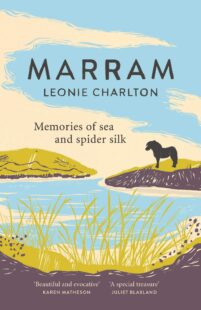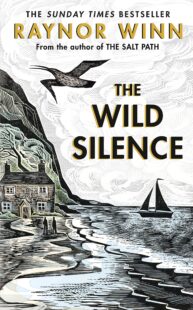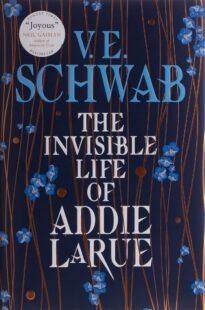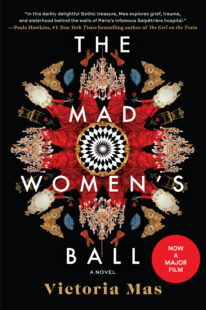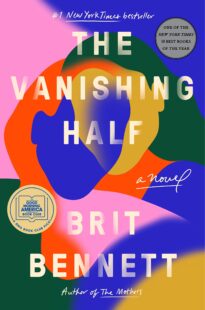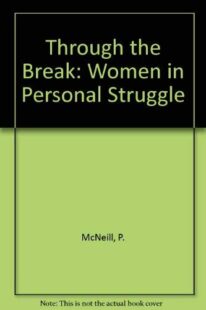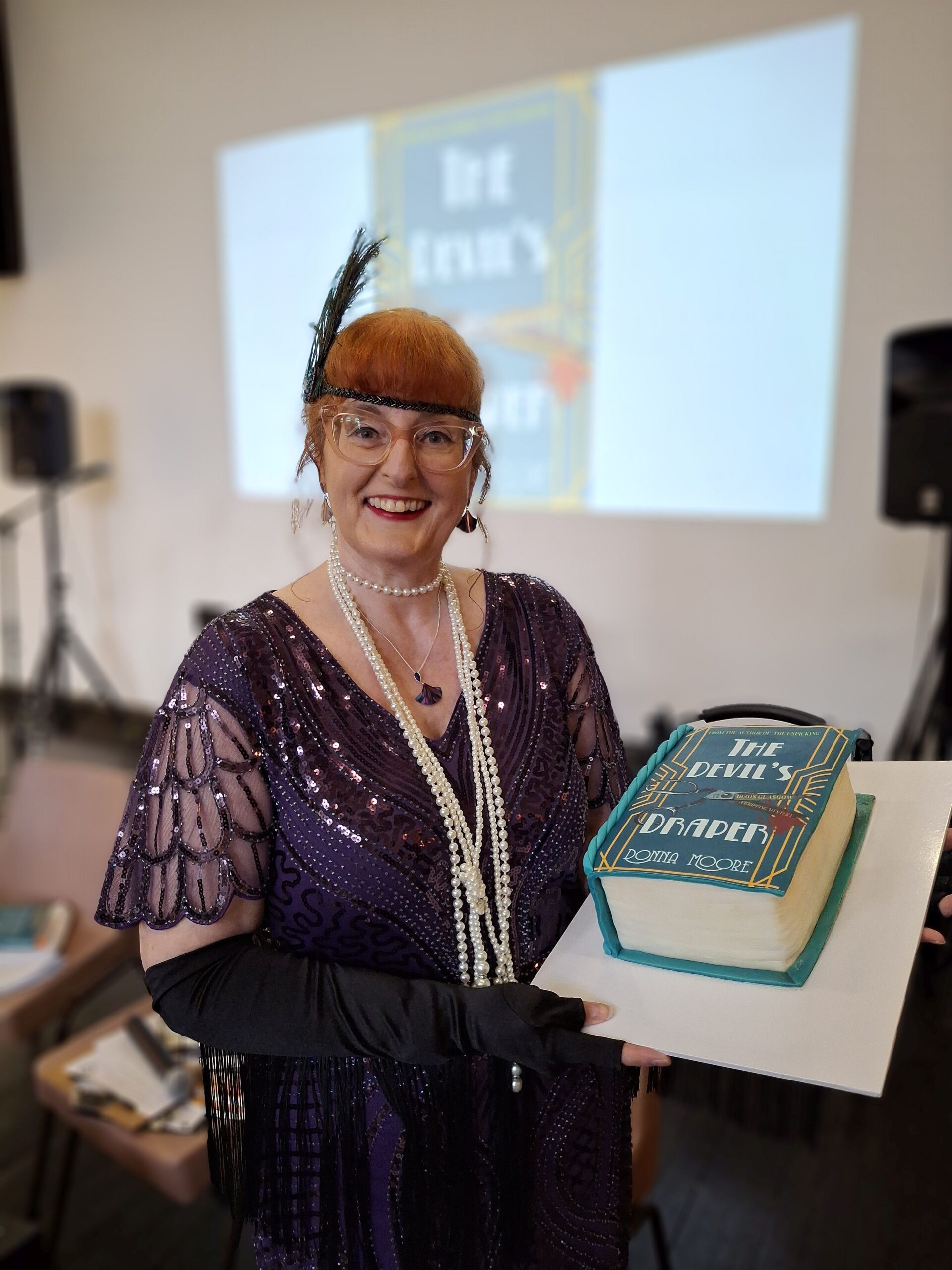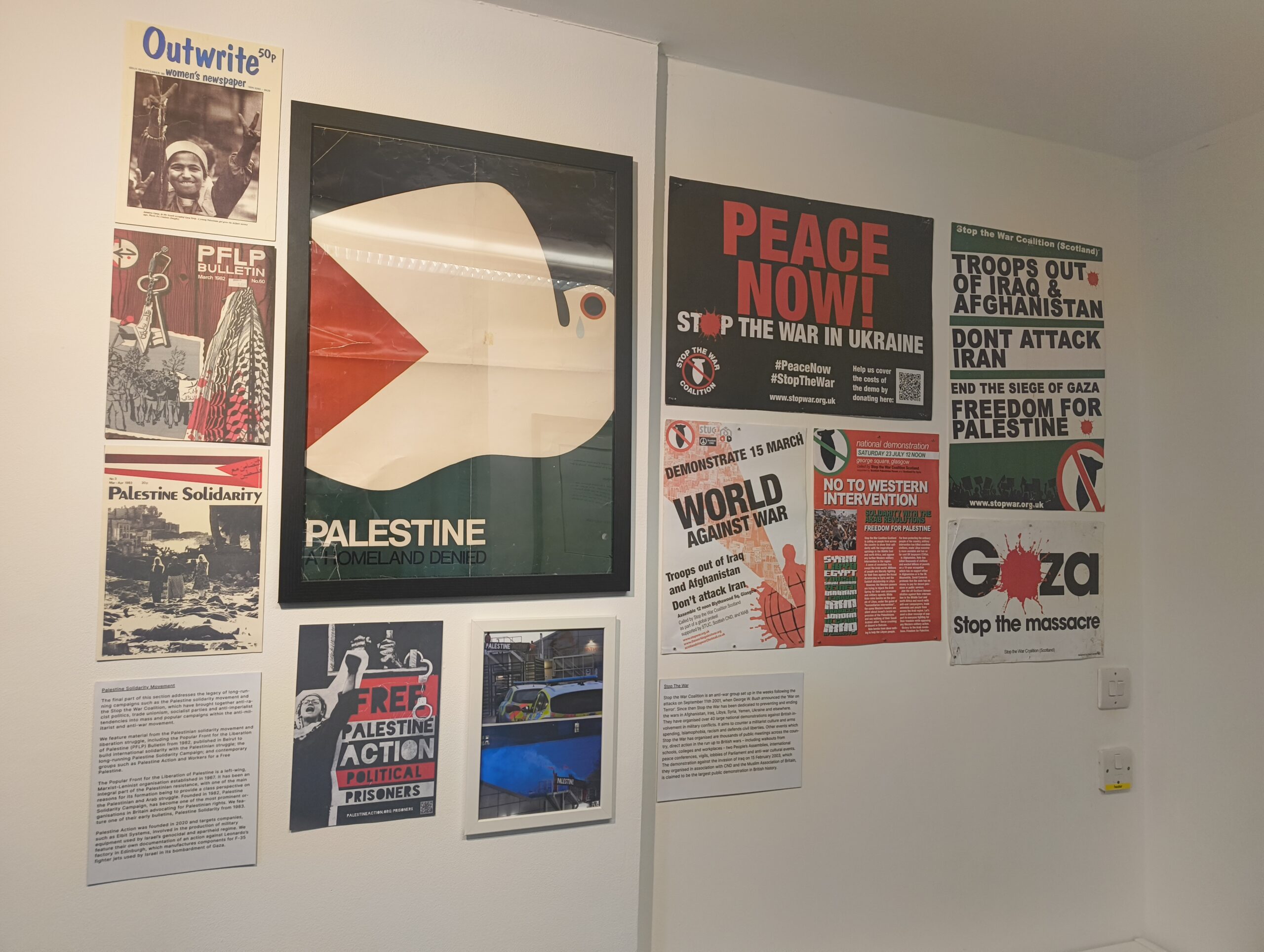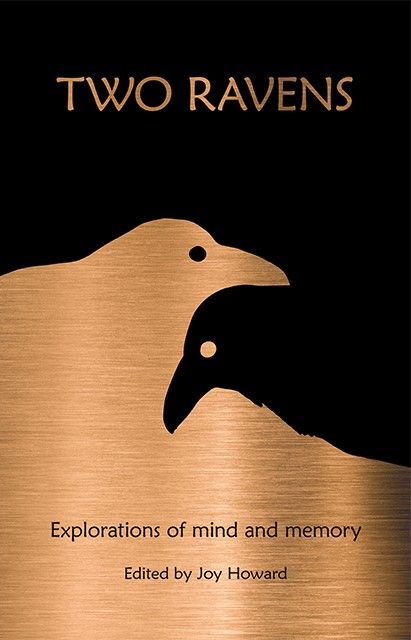On the first Wednesday of every month, GWL team members and volunteers share what we’ve read recently at our Book Picnic. This was our first Book Picnic in person in a long while, and what a joy it was to have that face-to-face social interaction, along with many excellent book suggestions…
Marram: Memories of Sea and Spider Silk by Leonie Charlton
Recommended by our librarian Wendy, who found it to be “very interesting and enjoyable,” this memoir features poetic prose and nature writing. Charlton and a friend ride Highland ponies off the beaten path from the southern tip of Barra to Callanish. Her mother passed 7 years prior, and despite their fractured relationship, she is completing this journey in her memory. Her mom was a jeweler, so she leaves little glass beads as she travels. Not your average travel book, this piece delves deeply into themes like friendship, memory, relationships, and how nature can help heal past trauma.
The Wild Silence by Raynor Winn
Recommended by Gaby, this memoir is the follow up to The Salt Path, which was recommended in a previous book picnic here. Following their 630 mile journey walking the English coastline after finding themselves homeless in their fifties, Raynor and Moth attempt to return to normality. Though her husband has a terminal diagnosis, he finds himself revitalized by nature, and they both miss being outdoors. When someone who has read their story offers them a farm in Cornwall where the land has been over-cultivated, they jump at the chance to bring it back to life, and begin their new adventure. Gaby found the writing about nature to be “really beautiful, and uncomplicated.”
Lilith’s Brood by Octavia E. Butler
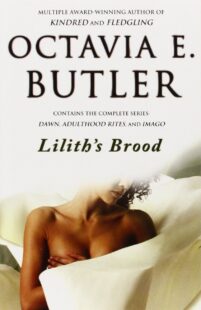
This collected sci-fi trilogy by Butler was recommended by Kirsten, who felt that it was incredibly interesting and “a good book to help you come back to reading.” Lilith Iyapo wakes up on another planet after the destruction of Earth due to war, and realizes she has been resurrected by a powerful otherworldly species called the Oankali. The Oankali survive by merging genetically with different species, and they wish to do the same with humans and thereby rescue Earth. However, some humans don’t want to become a non-hierarchal species. The trilogy follows Lilith and her two human/Oankali children.
The Invisible Life of Addie LaRue by V.E. Schwab
Recommended by Jenna, this book begins in 1714, when a young woman makes a desperate deal with an old god to live forever, and is cursed to be forgotten by everyone she meets. Thus begins the incredible life of Addie LaRue, as it stretches across the globe and across time, from the 1700s to the 2010s. However, everything changes when Addie meets a man in a bookstore who miraculously remembers her. Jenna particularly enjoyed the sections of the book that took place in the past.
The Mad Women’s Ball by Victoria Mas
Anna recommended this historical novel that was originally written in French. In 19th century Paris, the patients of the Salpetriere asylum range in age and come from all levels of society. Some women are truly ill, while others have been deemed “inconvenient” and have been placed there by their families. A famous neurologist, Dr. Charcot, uses hypnosis to induce fits of hysteria in his patients in order to study them, treating them less like people and more like specimens. Eugenie, the 19 year old daughter of a bourgeois family, is locked away after she reveals that she can see spirits. Once a year there is a Mad Women’s Ball (a real historical event), where the upper class of Paris come to witness the women of the asylum dressed in finery. Anna found it to be beautifully written and “quite an insight into how wild and independent women couldn’t be coped with at the time.” She also commended the twist at the end.
Anna also recommended the book While Paris Slept by Ruth Druart, which made an appearance in our March book picnic here.
The Vanishing Half by Brit Bennett
This book was recommended by Ren, who loved it and read it in only a day or two. The story follows the Vignes twins, two sisters who grow up in a small, Southern black community. They both run away at age sixteen, but then their lives diverge. One spends her life passing as white, living comfortably with a white husband who knows nothing about her past. The other sister lives with her black daughter in the same town they tried to escape from. Spanning generations and decades, from the 1950s to the 1990s, Bennett produces a riveting exploration of “passing” in America, race, classism, and identity.
Through the Break: Women in Personal Struggle Edited By Pearlie McNeill, Marie McShea, and Pratibha Parmar
Recommended by Jo, this collection of writing by twenty three women from a variety of backgrounds was published in 1986. They speak with raw honesty about their experiences of difficult circumstances, difficult childhoods, physical challenges, abuse, and emotional breakdowns. Each woman describes the effect of trauma on their daily lives, and how they were able to make their way through it. Jo found some of it to be quite challenging, and was struck by how similar the stories are to ones you might still hear today.

This content is licensed under a Creative Commons Attribution 4.0 International License.

